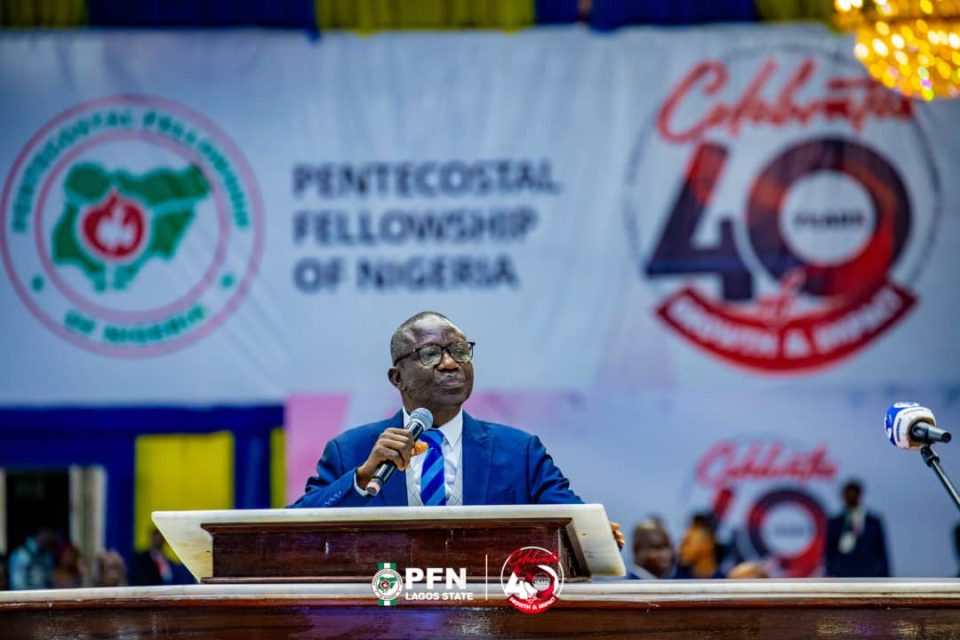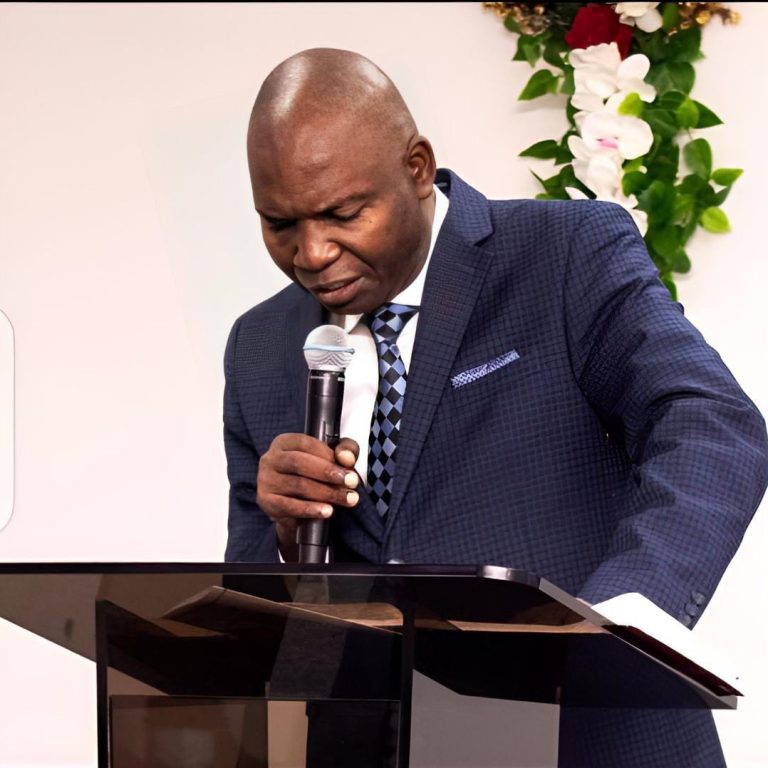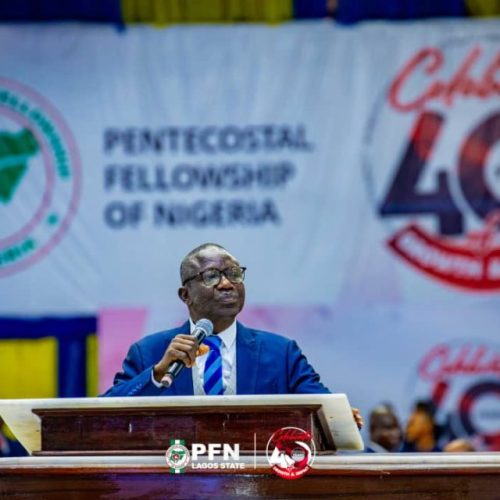He only who has died with Christ, and is risen with Him, can follow the Savior in His life and walk. The
natural, unrenewed man cannot follow Jesus. But when we know the grace of the Savior, and the power of
His resurrection we understand the lessons of His life, and having received the Spirit of Christ, we can live
and walk as the sons of God.
1. First let us remember the object of Christ’s life. He was sent. He never forgot that He came not to
do His own will, but the will of the Father that sent Him. He teaches most emphatically and impressively that
He had only one aim, one absorbing and dominant idea, one all-pervading law and rule. It was simply to do
His Father’s will. Thus was He constantly the Servant of God, the Representative of the Father. Now we are
sent by Jesus; and all that we are and have, all our words and works, are to be viewed in the light of mission
and service.
2. Jesus came in lowliness. Between the manger of Bethlehem and the humble home of Nazareth and
His death on the Cross, when He was numbered with the transgressors, we find nothing else but humility,
poverty, and lowliness. “Foxes have holes, and birds of the air have nests, but the Son of man hath not
where to lay His head” (Luke 9:58).
What are we to learn from this? Are we not to follow the Master? We ought not to trust in earthly riches
and honor, in the things which the world esteems and pursues. We ought to remember that our influence
and our power are spiritual, and that the garment of the true church is that of a servant, of a stranger and
pilgrim. When the church becomes rich and strong, esteemed by the world, and dominant, the salt is in
danger of losing its savor; spiritual objects are sought in a worldly spirit, and the mystery of the Cross is
obscured and forgotten. It is poor and persecuted Smyrna which, by her Christ-like poverty, maketh many
rich. The glory of the church is inward. The King’s daughter, the Bride of Christ, is all-glorious within.
3. Jesus was the Son of God. He came from above. He was poor, and yet all things were His. He was
lowly, and yet all power was given to Him in heaven and earth, for He was the Only-begotten of the
Father. The Father was always with Him, and heard Him always. Thus, the church is born of God, of
incorruptible seed. Her life is none other but the life of Christ, the risen Head, the life of the Spirit who
dwelleth in us. We exert influence and power in the world simply by our being blameless and harmless, the
sons of God, living Christ’s life (which comes only out of the death and the crucifixion of the old man),
manifesting the divine nature of which we are partakers who have escaped the corruption that is in the world
through lust. The church declares every Lord’s Day that the resurrection of Christ is the source of her life
and hope, and thus preaches to the world both the condemnation of the flesh, the utter helplessness of the
first Adam and his seed, and the new and heavenly life, which in the Only-begotten of the Father, and the
First-begotten of the dead, has come to all believers.
4. In this lowliness and in this power, the church is able to go to the whole world, with love and
sympathy announcing substance in the midst of emptiness and vain shadows, eternal life and consolation in
the midst of death and sorrow, peace to the heavy-laden conscience, love to the aching and thirsting heart,
forgiveness and renewal, health and joy to the wounded and contrite. And while she loves all and intercedes
for all, she is filled, like her Master, with a special love, intense and tender, for the brethren, towards His own
who are in the world, and who are gathered to the Shepherd and Bishop of souls (1 Pet. 2:25). Thanking
God, as Jesus did, for the disciples whom the Father gives, she watches over the young and inexperienced,
the weak and tempted, the lonely and afflicted. She seeks to build up, to cherish and to gladden the heritage
of God, the fellow heirs of life eternal.
The church is Christ-like – sent from above, having one aim and motive, in lowliness, in divine power, in
love and ministry. “…He that hath seen Me hath seen the Father…” (John 14:9). Likewise ought we to be
able to say, He that hath seen the church hath seen Christ.












